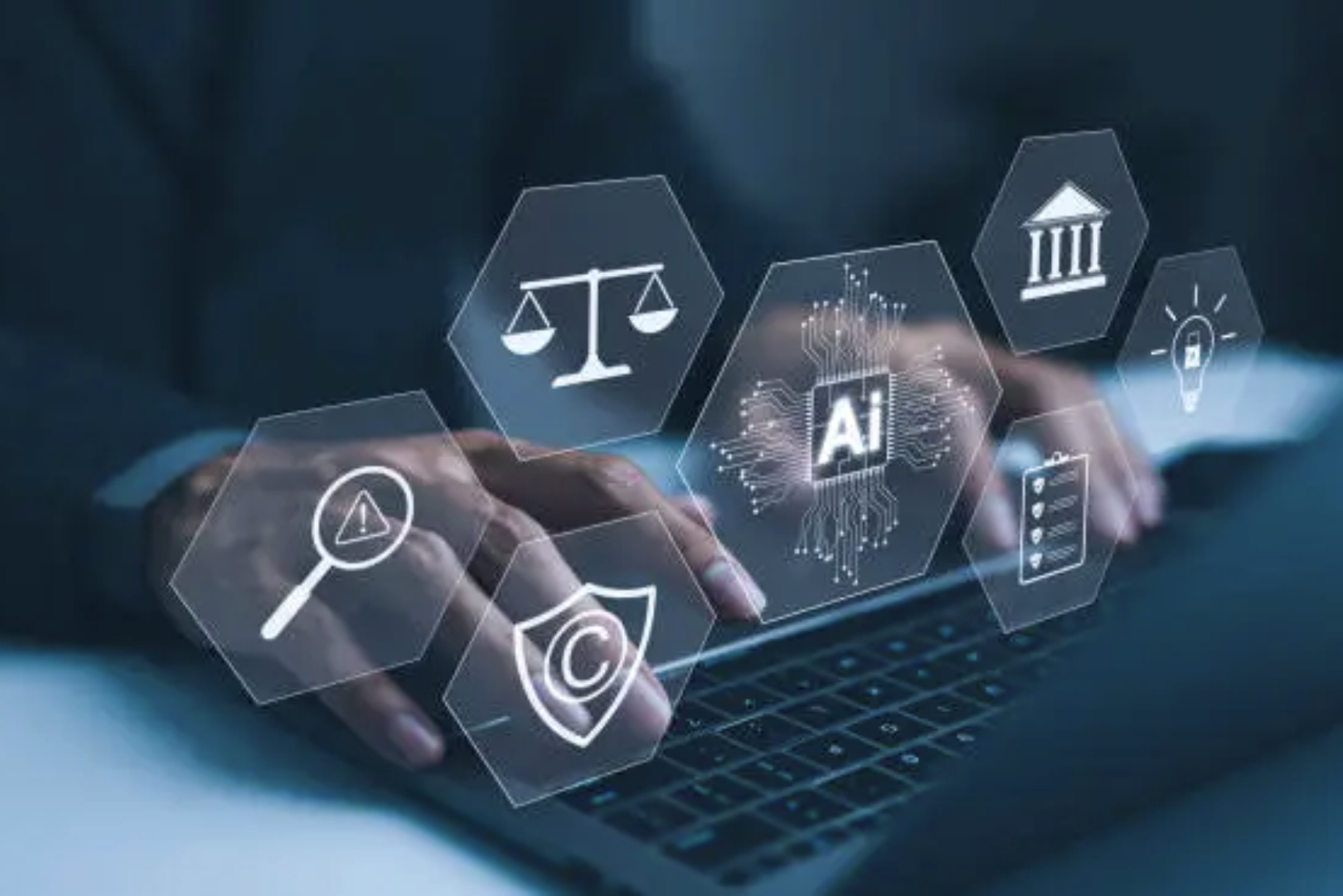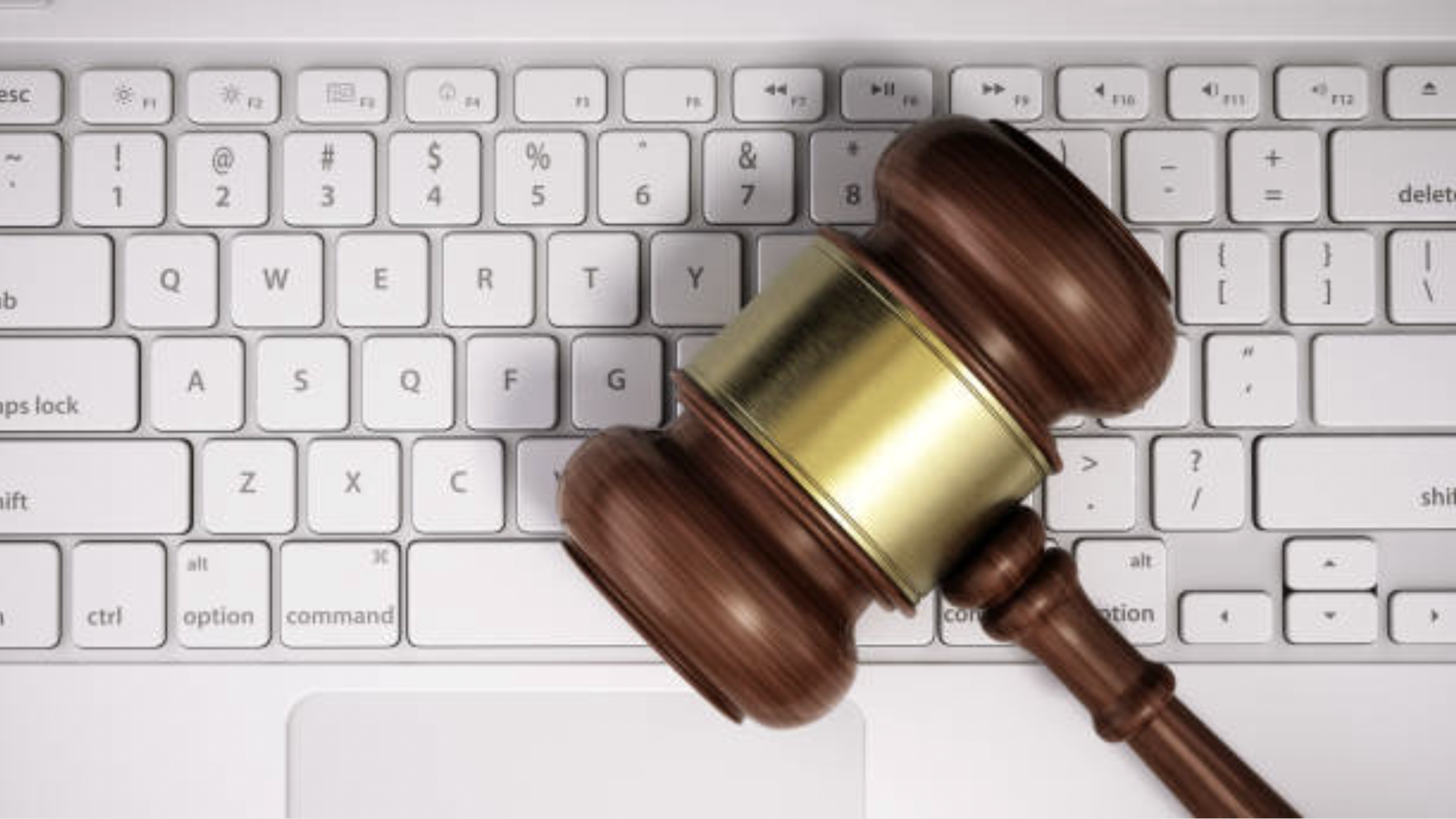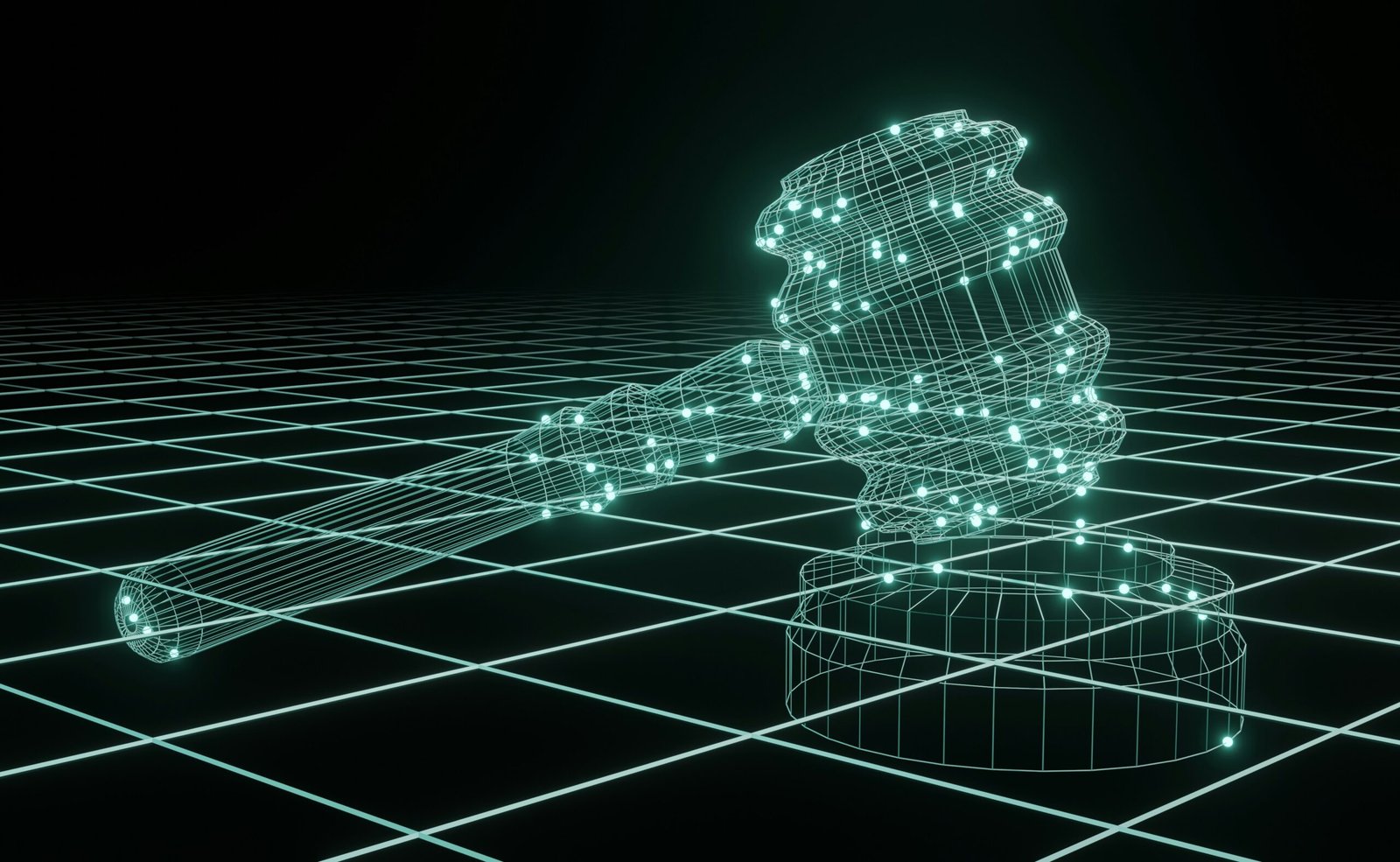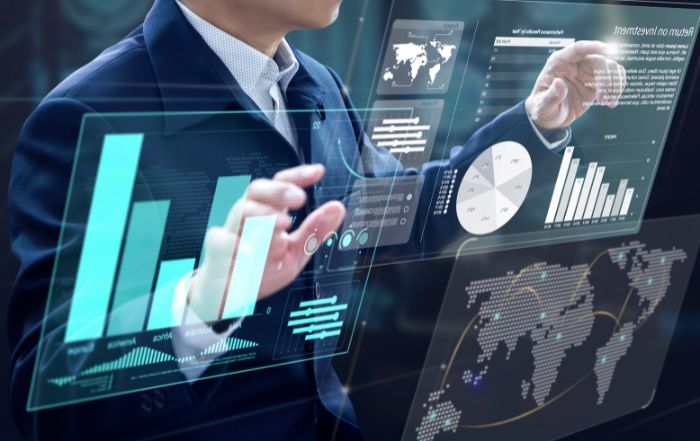Using AI to Strengthen Law Firm Content Development – JD Supra ‘Office Hours’ with Tom Hagy
In a JD Supra Office Hours session, legal content strategist Tom Hagy shared practical guidance on how law firm marketers can use AI to strengthen — not replace — their content development process. Framing AI as an editorial assistant rather than an author, Hagy explained how marketers can use the technology to generate better ideas, improve structure, translate legal complexity for business audiences, and repurpose existing firm content more effectively. He also emphasized that human judgment remains essential for accuracy, voice, and credibility. The discussion offers a clear, practical roadmap for integrating AI into law firm marketing workflows while maintaining editorial standards and client trust.












